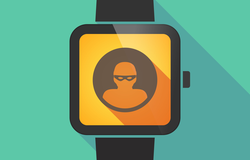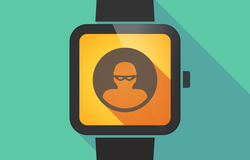Wearables are secure enough for the enterprise – but only with the right policies in place

(c)iStock.com/MilesSherrill
It’s no longer a matter of “if” but “when” for mass adoption of wearables in the enterprise. Whilst they haven’t been mass adopted by consumers, they have a huge opportunity in the enterprise, and the number of organisations already integrating wearable technology into their networks has nearly doubled since 2014 – increasing from 13% to 24%.
Although smartwatches have similar capabilities to...










